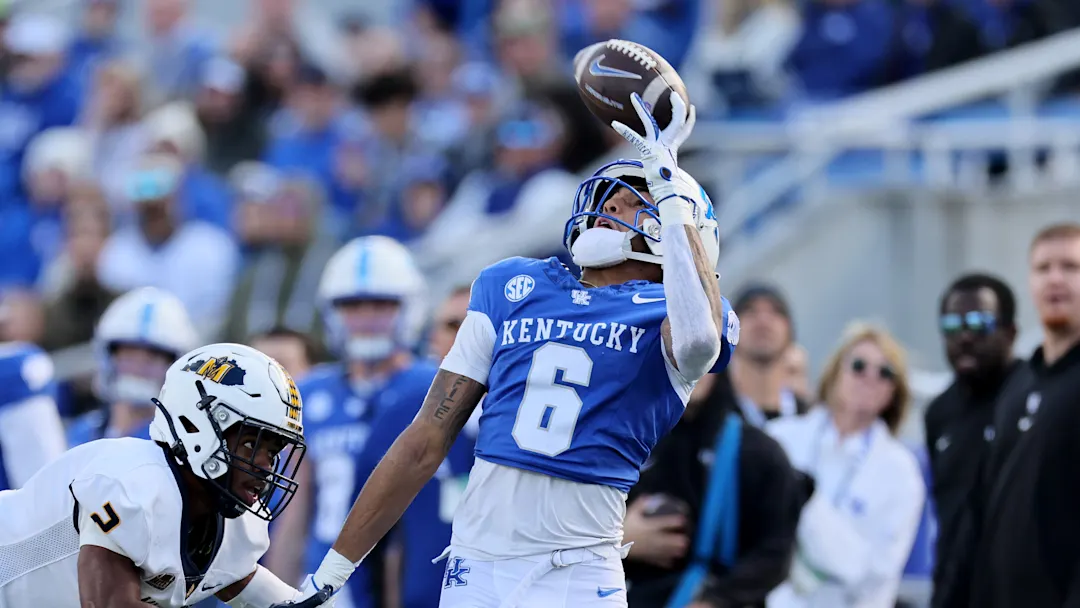Ex-Florida State QB From Kentucky Has Strong Words for Transfer Portal
The transfer portal has become a central element of modern college sports, providing athletes with an unprecedented level of mobility. While it offers players opportunities to find better team fits, secure more playing time, or profit from NIL (Name, Image, Likeness) deals, there is a growing concern that it undermines the traditional values of loyalty and long-term player development. One of the most significant impacts of the transfer portal is the challenge it creates for programs to maintain stability, as players can leave mid-season, even if they have been important contributors, as seen with players like Maalik Murphy or Dane Key.

Danny Kanell, a former Florida State quarterback and current CBS analyst, has been vocal in criticizing the culture surrounding the transfer portal. His recent viral tweet criticized the dramatic farewells many players give when entering the portal. He sarcastically stated, “If you are going to enter the transfer portal, just go. It’s your right. Go get your $$$. But can we please stop with the lengthy love letters professing ‘I’ll always be a __________’ and how much you love your coaches and teammates??? No…you won’t be. No…you don’t.”
Kanell’s comments reflect a sense of frustration with the trend of players leaving programs after brief tenures, often without fully developing their skills or earning their playing time. Having been a two-year starter at Florida State, Kanell’s perspective is shaped by a time when athletes had fewer options and had to put in years of effort to climb the depth chart. The current system, with its immediate eligibility and easier exit routes, stands in stark contrast to this older model of perseverance and growth.
While the transfer portal offers undeniable benefits, such as allowing athletes to find better environments for their careers, it has also fostered a culture of impatience. Rather than encouraging players to compete for playing time or develop their skills within a program, the portal promotes a mindset of seeking the quickest path to success. Kanell’s mock “love letter” highlights his view that many players treat the portal as a shortcut rather than a well-considered decision. His critique raises important questions about whether the transfer portal has gone too far in prioritizing player autonomy, often at the expense of team continuity and personal growth.
The transfer portal has undoubtedly reshaped college sports, but it remains to be seen whether a balance can be struck between individual freedom and the long-term stability of teams. Without finding this middle ground, college sports may risk devolving into a system of free agency, where loyalty and commitment no longer hold value.
